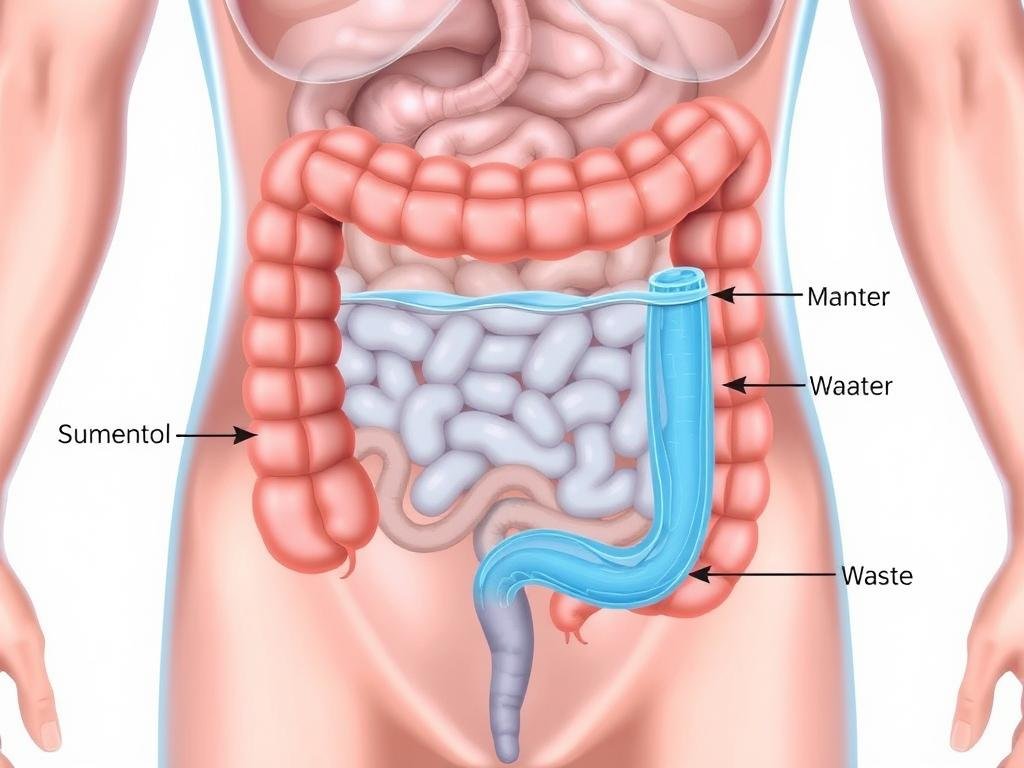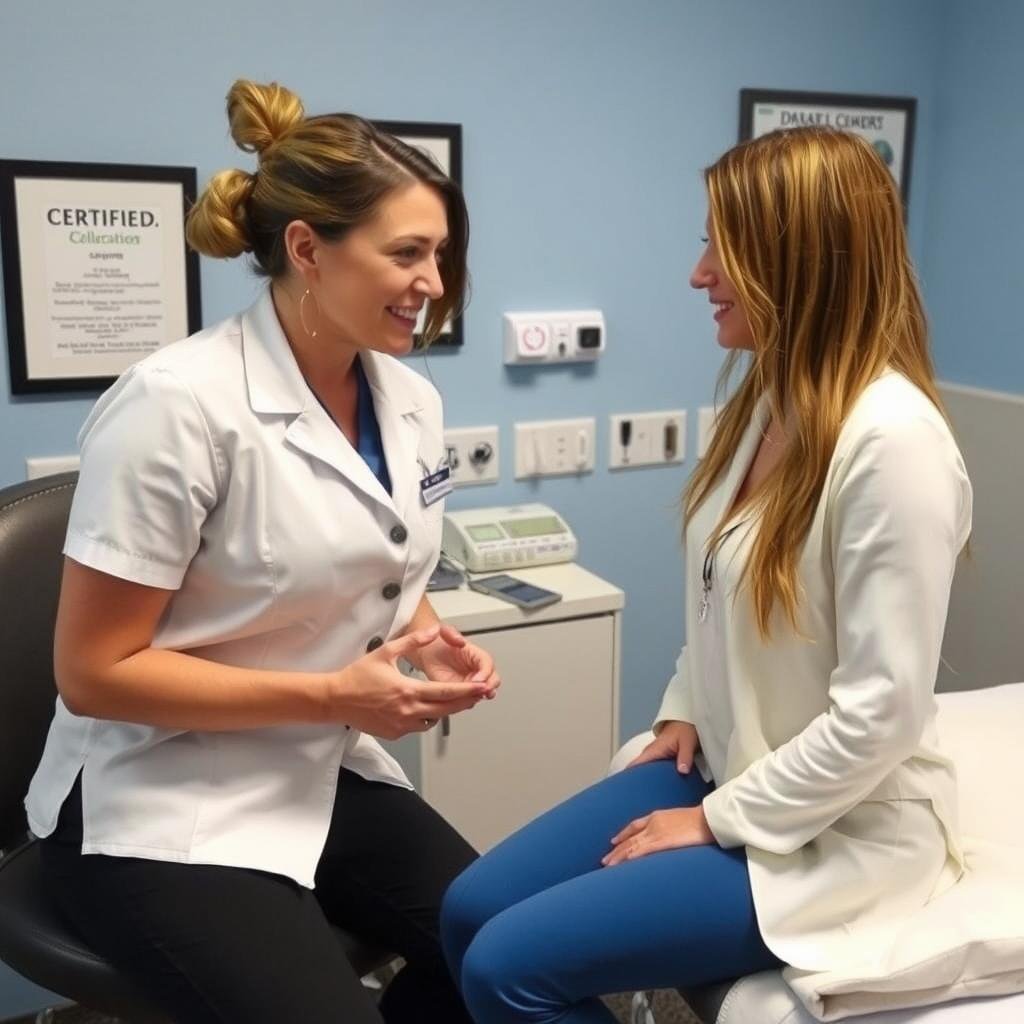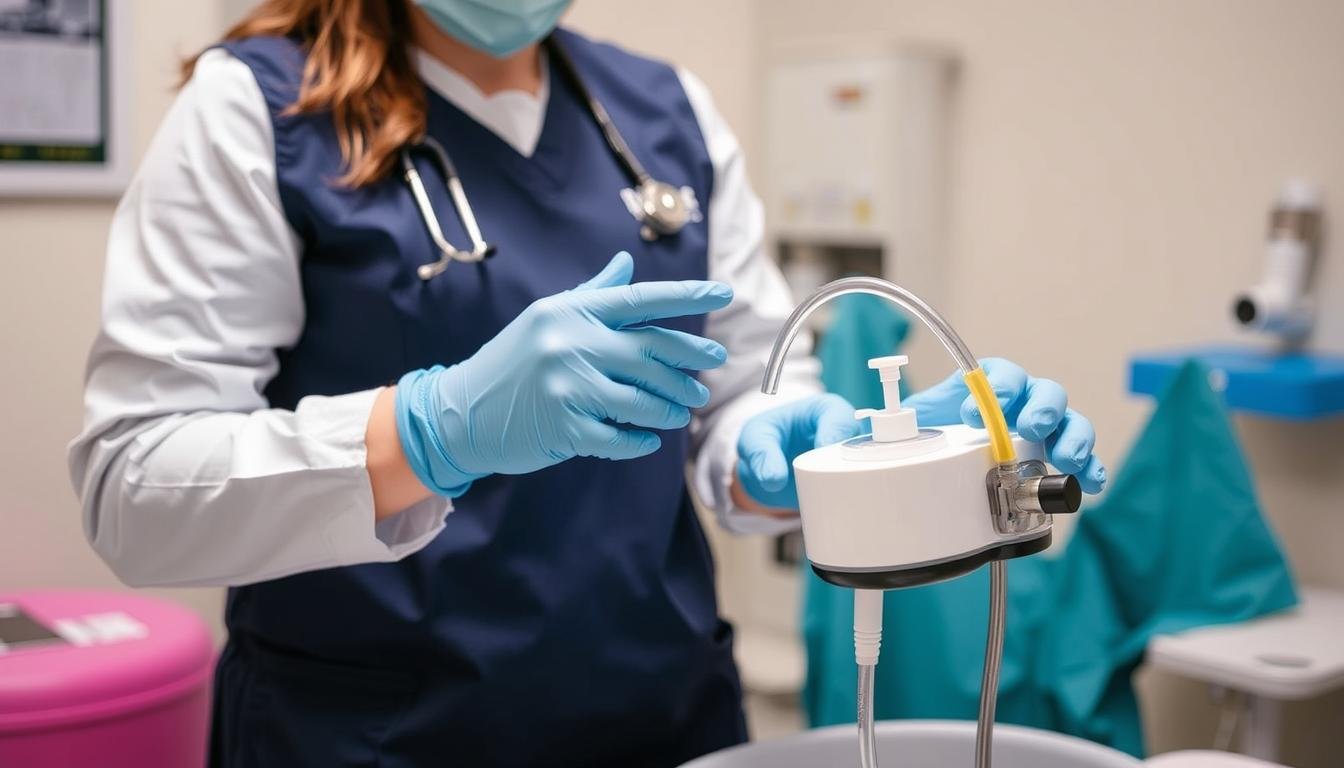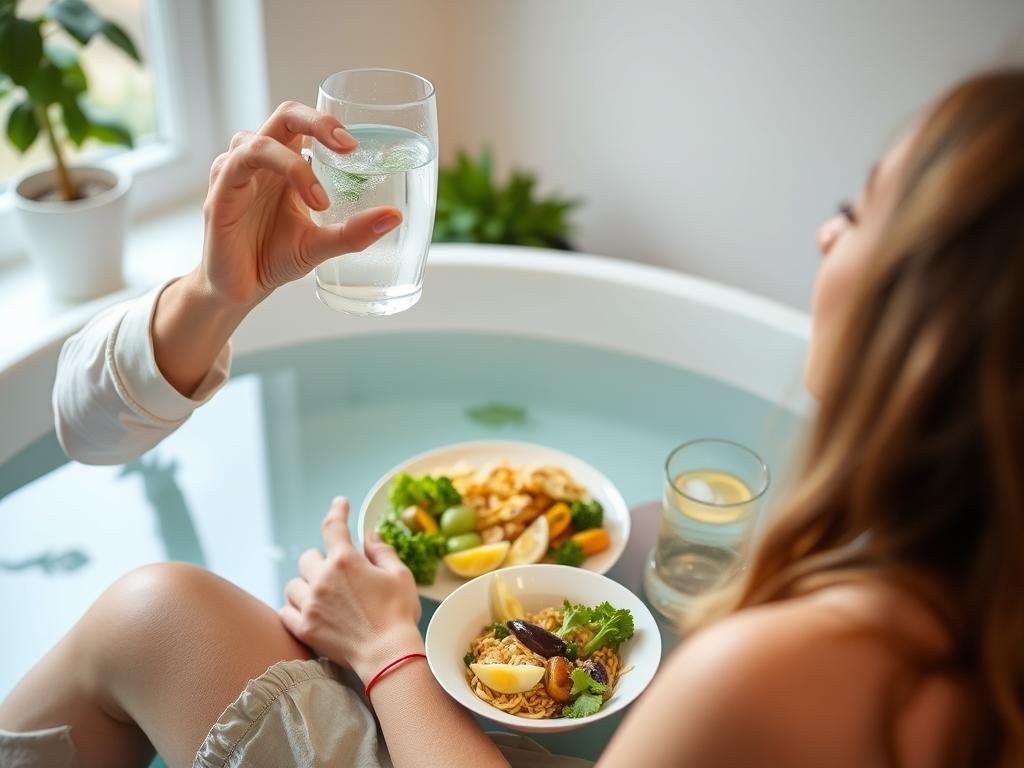The health of our digestive system plays a crucial role in our overall wellbeing. When our gut functions optimally, our body can efficiently absorb nutrients and eliminate waste. However, modern lifestyles, stress, and dietary habits can disrupt this delicate balance, leading to digestive discomfort and related health concerns. Among various approaches to support digestive health, Colon Hydrotherapy has gained attention as a potential natural solution for those seeking to improve gut function and address certain digestive issues.
What Is Colon Hydrotherapy?
Modern Colon Hydrotherapy equipment in a clinical setting
Colon Hydrotherapy, also known as colonic irrigation or colonics, is a procedure that involves gently flushing the colon with filtered water to remove accumulated waste material. During this process, water is introduced into the large intestine through a small tube inserted into the rectum. The water helps soften and loosen waste, allowing it to be expelled through natural peristalsis.
The history of intestinal cleansing dates back to ancient Egypt, Greece, and China, where various forms of colon cleansing were practiced for purification and health maintenance. In modern times, Colon Hydrotherapy has evolved into a structured procedure performed by trained practitioners using specialized equipment designed to maintain safety and comfort.
A typical Colon Hydrotherapy session lasts approximately 45 minutes. During this time, the therapist may gently massage the abdomen to help move the water through the colon. The entire process is conducted in a private setting with proper sanitation protocols to ensure dignity and hygiene.
How Colon Hydrotherapy Enhances Digestive Health
Proponents of Colon Hydrotherapy suggest several mechanisms through which it may support digestive health:
Removal of Accumulated Waste
The primary function of Colon Hydrotherapy is to help remove accumulated waste material from the colon. Over time, especially with diets low in fiber and high in processed foods, waste can adhere to the colon walls. By gently flushing the colon, this procedure may help eliminate this built-up material, potentially improving bowel function.
Improved Bowel Motility
Some practitioners suggest that Colon Hydrotherapy may help stimulate the natural muscle contractions of the colon, potentially improving bowel motility. This could be particularly beneficial for individuals experiencing sluggish bowel movements or mild constipation.
Reduced Bloating and Gas
By removing accumulated waste and gas from the colon, Colon Hydrotherapy may help reduce bloating and discomfort associated with excess gas in the digestive system. Many clients report feeling lighter and less bloated after sessions.
Support for Beneficial Gut Bacteria
While Colon Hydrotherapy does remove some bacteria from the colon, proponents suggest that by clearing out waste material, it may create a better environment for beneficial bacteria to thrive. However, this claim requires more scientific investigation.
Scientific Evidence Supporting Colon Hydrotherapy
It’s important to note that scientific research on Colon Hydrotherapy is limited, and the medical community has varying opinions on its effectiveness. Here’s what current evidence suggests:
A small study published in Techniques in Coloproctology in 2016 found that colonic irrigation may help improve abdominal pain, constipation, and diarrhea associated with irritable bowel syndrome (IBS). However, researchers noted that larger studies on long-term efficacy are needed.
Source: International Journal of Clinical Practice
The concept of “autointoxication” – the theory that toxins from waste material are absorbed into the bloodstream – was popular in the early 1900s but has since been largely dismissed by modern medicine. Most medical professionals maintain that the body’s natural detoxification systems (liver, kidneys, and colon itself) are sufficient for removing waste and toxins.
While anecdotal reports from individuals who have undergone Colon Hydrotherapy often include benefits such as increased energy, reduced bloating, and improved bowel movements, these experiences haven’t been consistently validated in controlled scientific studies.
Who Should Consider Colon Hydrotherapy?
While individual experiences vary, some people may consider Colon Hydrotherapy for specific situations:
- Individuals experiencing occasional constipation not responsive to dietary changes
- Those with persistent bloating and gas discomfort
- People preparing for certain medical procedures (with physician approval)
- Individuals seeking complementary approaches to digestive health
- Those experiencing symptoms of irritable bowel syndrome (with medical guidance)
Important: Colon Hydrotherapy should always be discussed with your healthcare provider before proceeding, especially if you have existing health conditions.
Safety and Precautions for Colon Hydrotherapy
While many people undergo Colon Hydrotherapy without complications, it’s essential to understand potential risks and contraindications:
Safety Measures
- Choose only certified practitioners
- Ensure single-use, disposable equipment
- Verify proper sanitation protocols
- Discuss your full medical history
- Start with shorter sessions
Contraindications
- Recent colon or abdominal surgery
- Active inflammatory bowel disease
- Severe hemorrhoids or rectal fissures
- Kidney or heart disease
- Pregnancy
Potential Side Effects
Some individuals may experience temporary side effects after Colon Hydrotherapy, including:
- Mild abdominal cramping
- Temporary bloating
- Nausea
- Soreness in the anal area
- Fatigue
- Electrolyte imbalance (rare)
Seek immediate medical attention if you experience severe abdominal pain, persistent nausea, vomiting, fever, or rectal bleeding after a Colon Hydrotherapy session.
Natural Alternatives for Colon Health
For those interested in supporting colon health through natural means, several approaches may be beneficial:
Fiber-Rich Diet
Consume plenty of fruits, vegetables, legumes, and whole grains to provide the fiber necessary for healthy bowel movements.
Adequate Hydration
Drink sufficient water throughout the day to help soften stool and support proper elimination.
Regular Exercise
Physical activity helps stimulate intestinal contractions and supports overall digestive health.
Additionally, probiotic foods like yogurt, kefir, sauerkraut, and kimchi can help maintain a healthy balance of gut bacteria. Some people also find herbal teas such as peppermint, ginger, or chamomile soothing for digestive discomfort.
Finding a Qualified Colon Hydrotherapy Practitioner
If you’re considering Colon Hydrotherapy, finding a qualified practitioner is essential for safety and effectiveness:
- Look for certification from recognized organizations such as the International Association of Colon Hydrotherapy (I-ACT) or the Global Professional Association for Colon Therapy (GPACT)
- Verify the practitioner’s training and experience
- Ensure the facility maintains strict hygiene standards
- Check that equipment is FDA-registered and properly maintained
- Read reviews from previous clients
A qualified practitioner should conduct a thorough intake assessment, explain the procedure in detail, answer all your questions, and provide clear aftercare instructions.
Preparing for a Colon Hydrotherapy Session
To maximize comfort and effectiveness, consider these preparation guidelines:
Before Your Session
- Stay well-hydrated for several days prior
- Eat lighter meals the day before
- Avoid gas-forming foods (beans, cabbage, etc.)
- Refrain from alcohol for 24 hours before
After Your Session
- Continue drinking plenty of water
- Consume probiotic-rich foods
- Rest if needed
- Eat light, easily digestible meals
Most practitioners recommend avoiding heavy meals for 2 hours before and after your Colon Hydrotherapy session.
Conclusion: Is Colon Hydrotherapy Right for You?
Colon Hydrotherapy represents one approach to supporting digestive health, but it’s not appropriate for everyone. While some individuals report positive experiences, scientific evidence supporting its benefits remains limited. The decision to pursue Colon Hydrotherapy should be made thoughtfully, considering your specific health situation, goals, and in consultation with healthcare providers.
Remember that digestive health is influenced by many factors, including diet, hydration, physical activity, stress management, and sleep quality. A holistic approach that addresses these various aspects may provide the most comprehensive support for your digestive wellbeing.
Considering Colon Hydrotherapy?
Speak with a certified specialist to determine if this procedure is appropriate for your specific health needs and goals.
Find a Certified Specialist
How often should someone undergo Colon Hydrotherapy?
Frequency recommendations vary based on individual health needs and goals. Some practitioners suggest an initial series of 3-4 sessions spaced over several weeks, followed by maintenance sessions as needed. Always consult with a qualified practitioner and your healthcare provider to determine an appropriate schedule for your situation.
Is Colon Hydrotherapy painful?
Most people describe Colon Hydrotherapy as uncomfortable rather than painful. You may experience sensations of fullness, pressure, or mild cramping during the procedure. A skilled practitioner will work to ensure your comfort throughout the session by adjusting water temperature and flow as needed.
Can Colon Hydrotherapy help with weight loss?
While some people report temporary weight loss after Colon Hydrotherapy, this is primarily due to the removal of waste material and water weight, not fat loss. Colon Hydrotherapy should not be considered a weight loss method but rather a procedure focused on digestive health.









